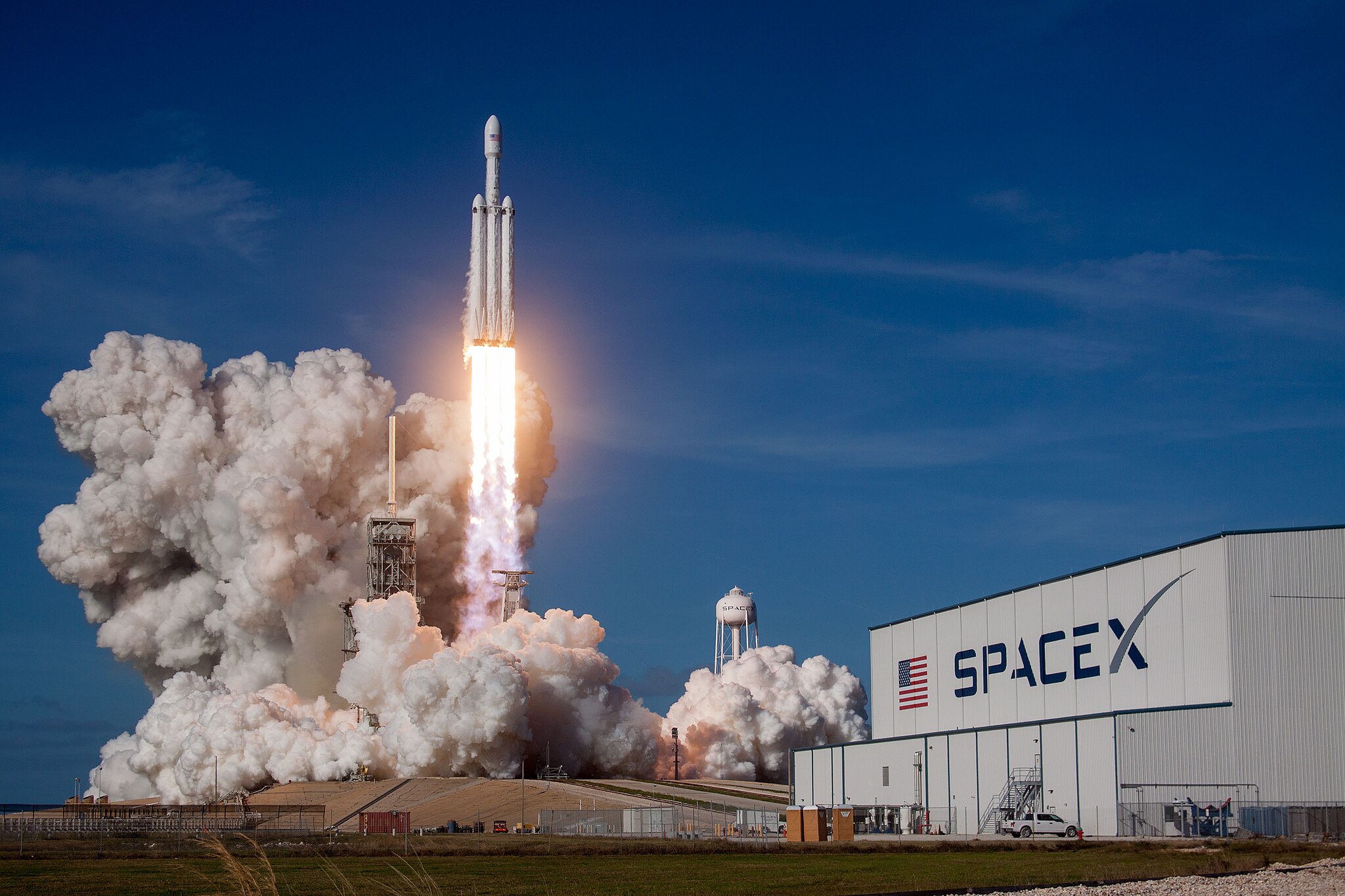SpaceX has once again been forced to delay the latest test launch of its Starship rocket, underscoring the unpredictable hurdles facing the world’s most ambitious reusable space vehicle. At Starbase in Texas, the tenth planned flight was readied with the Super Heavy booster and Starship upper stage fully fuelled, yet poor weather and earlier technical issues conspired to ground the attempt. A liquid oxygen leak postponed the launch on Sunday, followed by thick cloud cover that scuppered the rescheduled effort on Monday.
These setbacks form part of a broader pattern in the testing of Starship, a programme characterised by spectacular failures, incremental refinements, and growing anticipation. The rocket is central not only to Elon Musk’s long-term vision of interplanetary travel but also to near-term objectives such as expanding the Starlink satellite network and supporting NASA’s Artemis mission to return astronauts to the Moon by 2027. Each delay, however, is a reminder that audacious goals remain tethered to the realities of engineering precision and environmental constraint.
For the global technology sector, the Starship story illustrates the delicate balance between ambition and execution. Breakthroughs in rocketry are no longer measured solely in technical milestones but in the resilience of the systems that underpin them. Weather, logistics, and iterative learning now form as much a part of the narrative as liftoffs and landings.
Ultimately, the recent delays do not diminish Starship’s potential but emphasise the complexity of pushing technological frontiers. Progress will require not just innovation at the design table but adaptability in the face of forces—natural and mechanical—that no algorithm or blueprint can entirely control.


